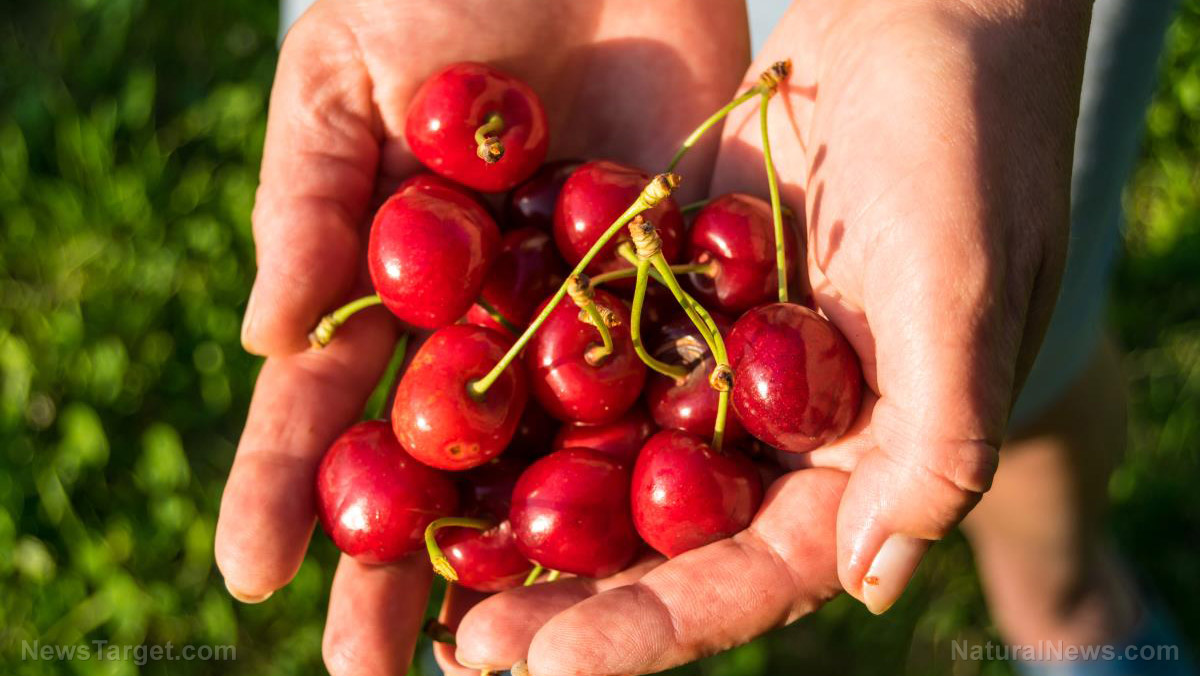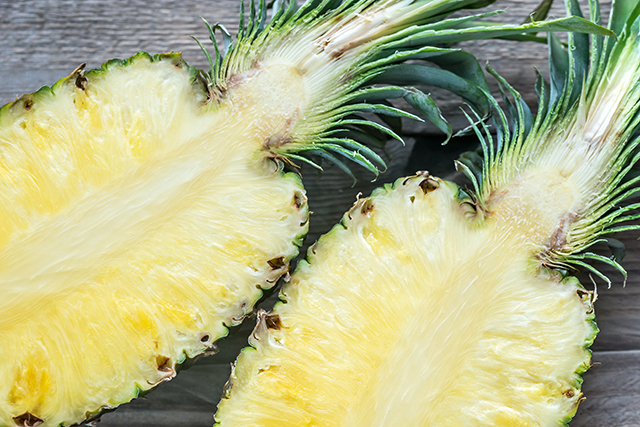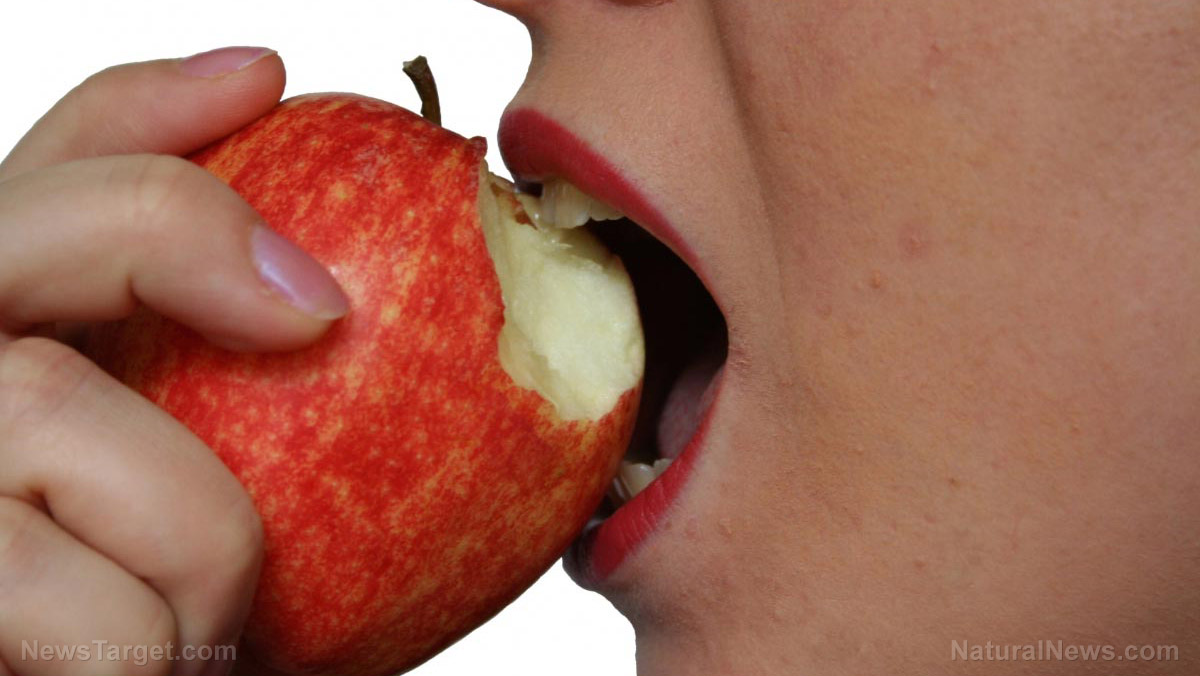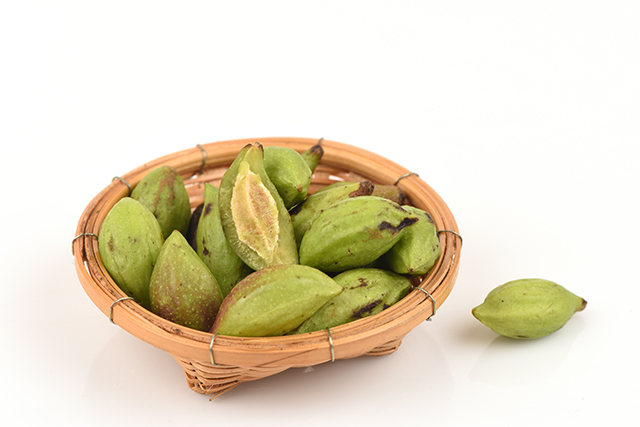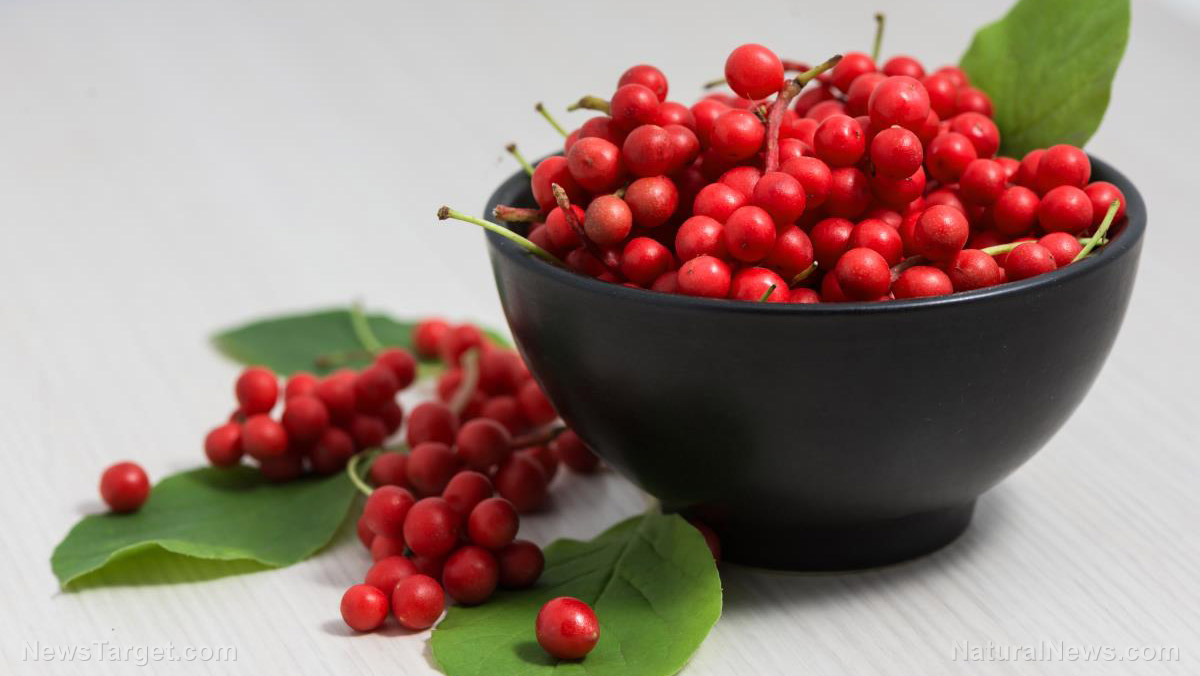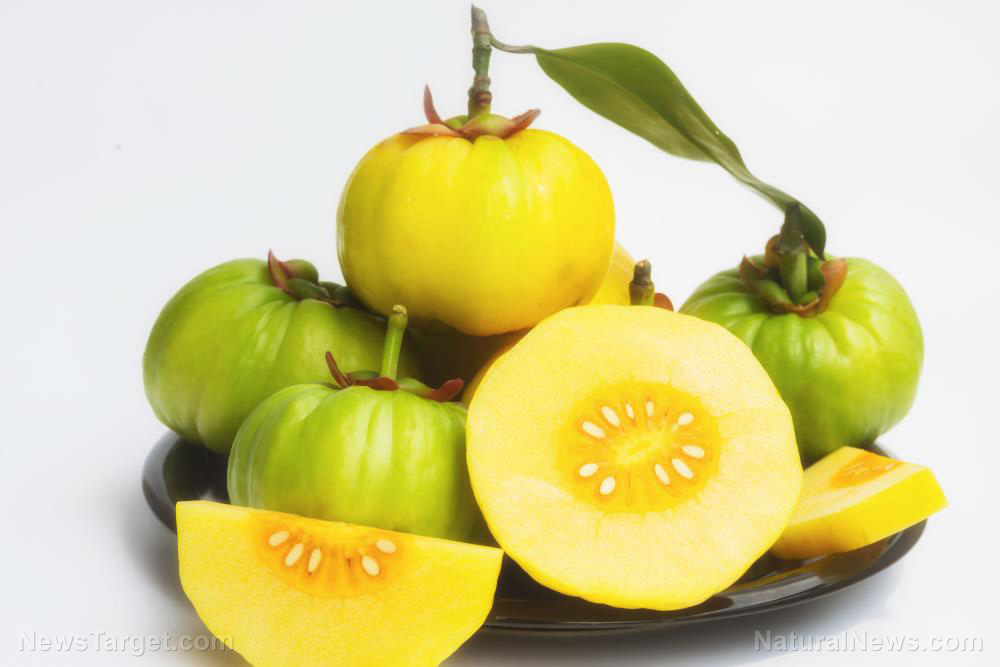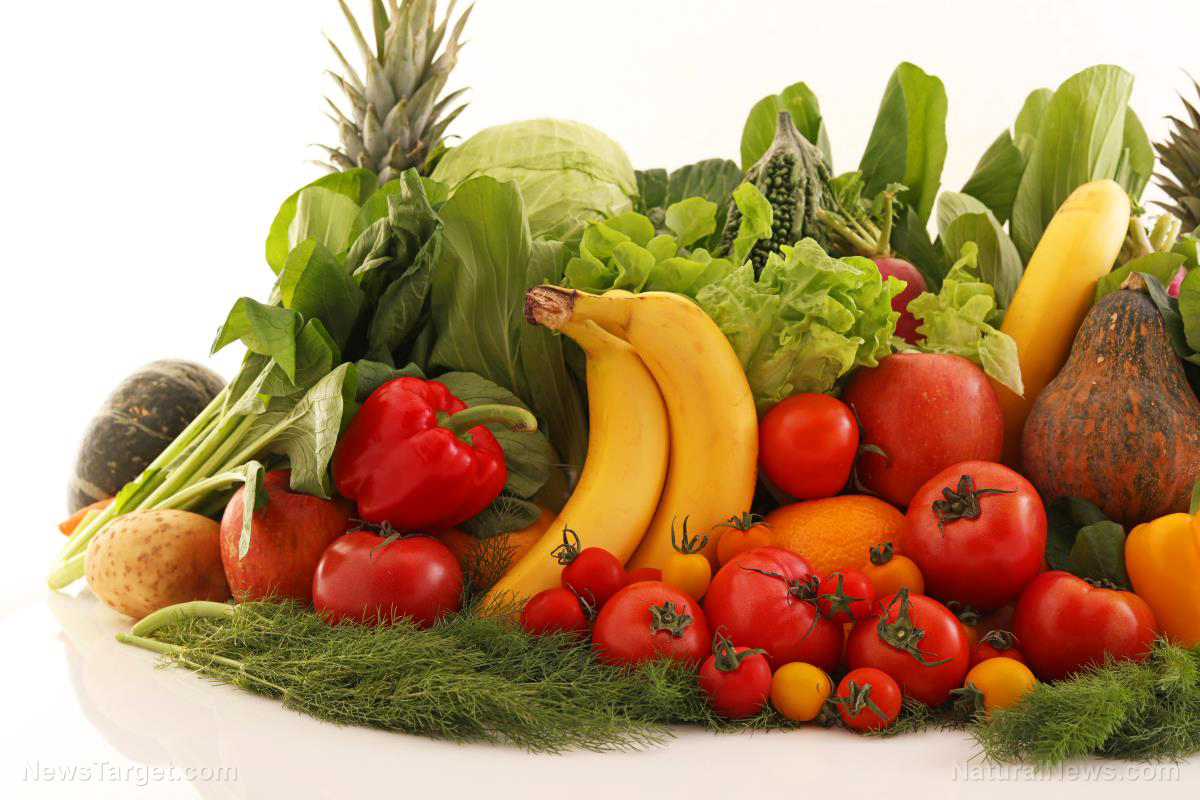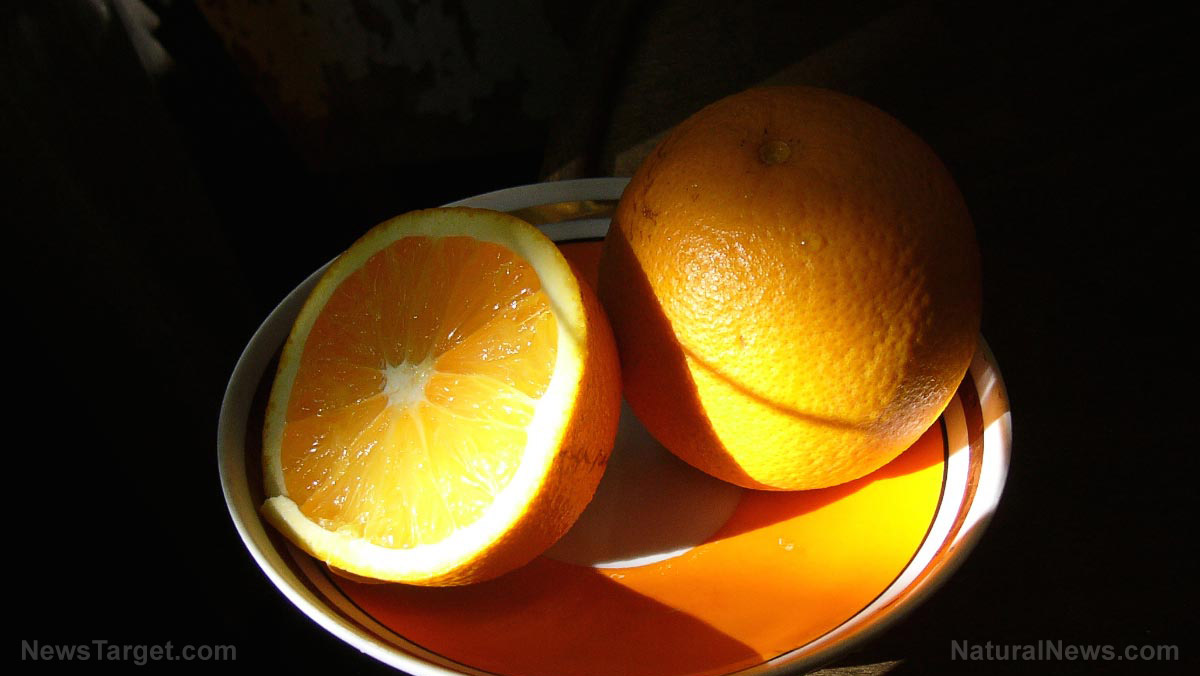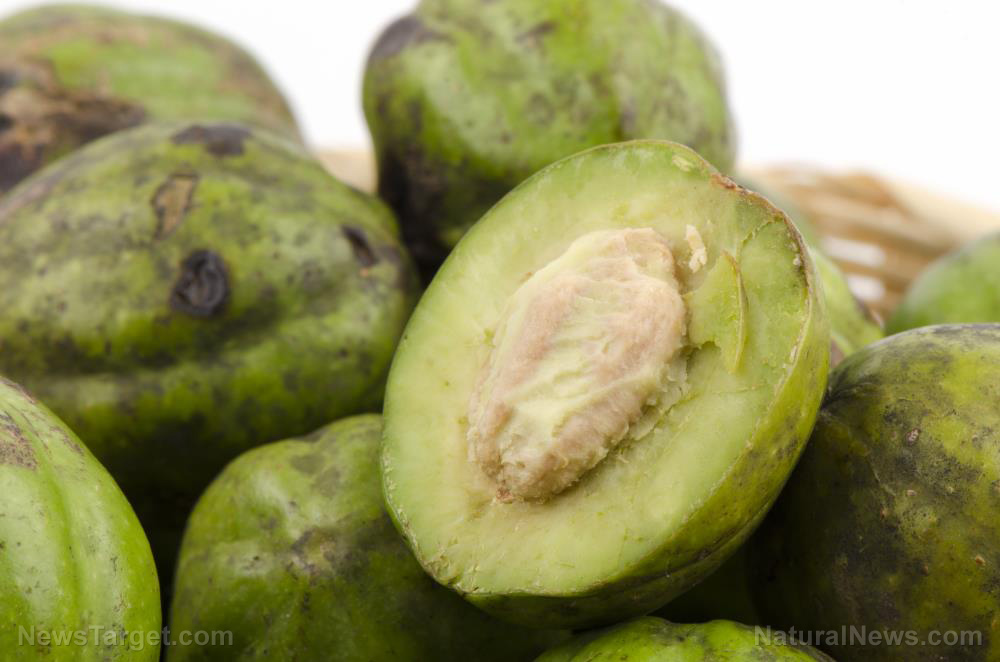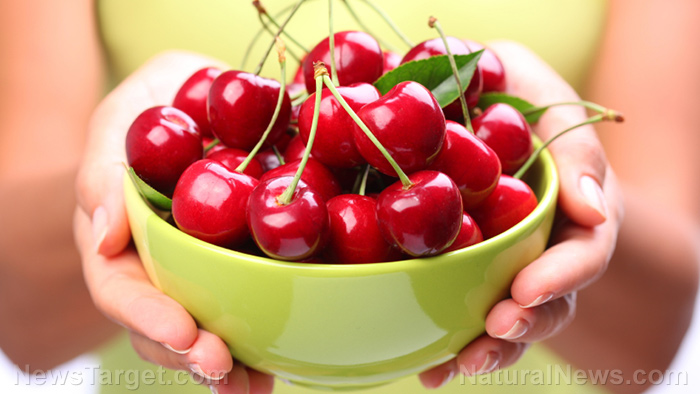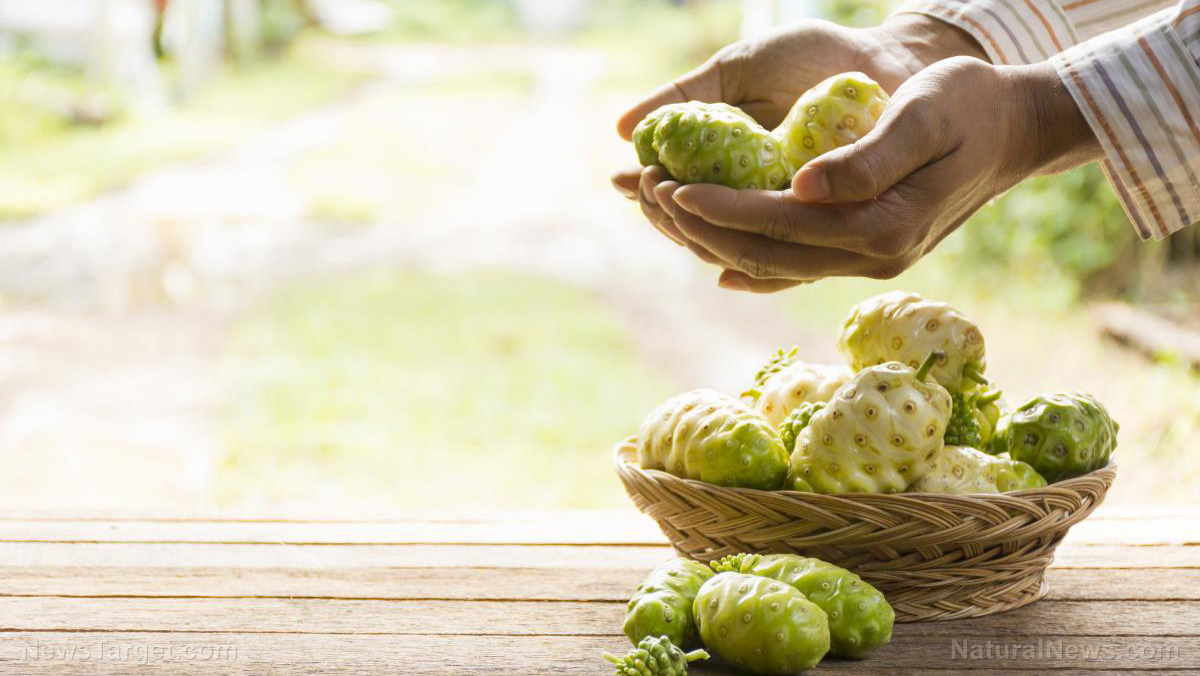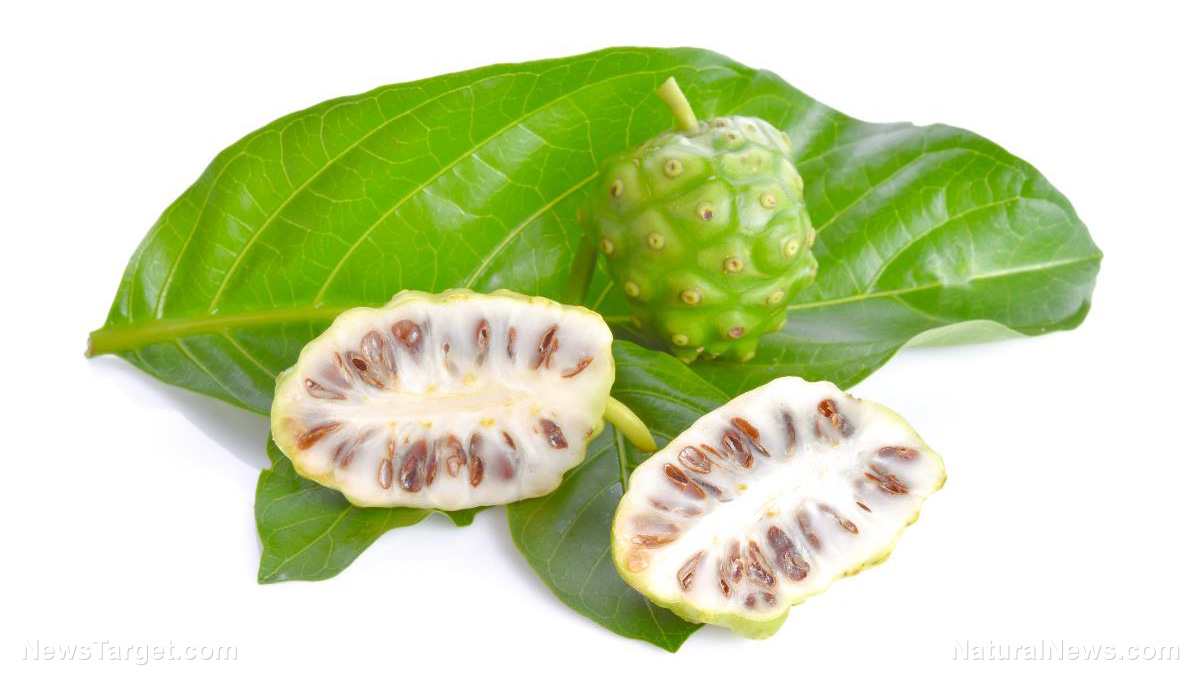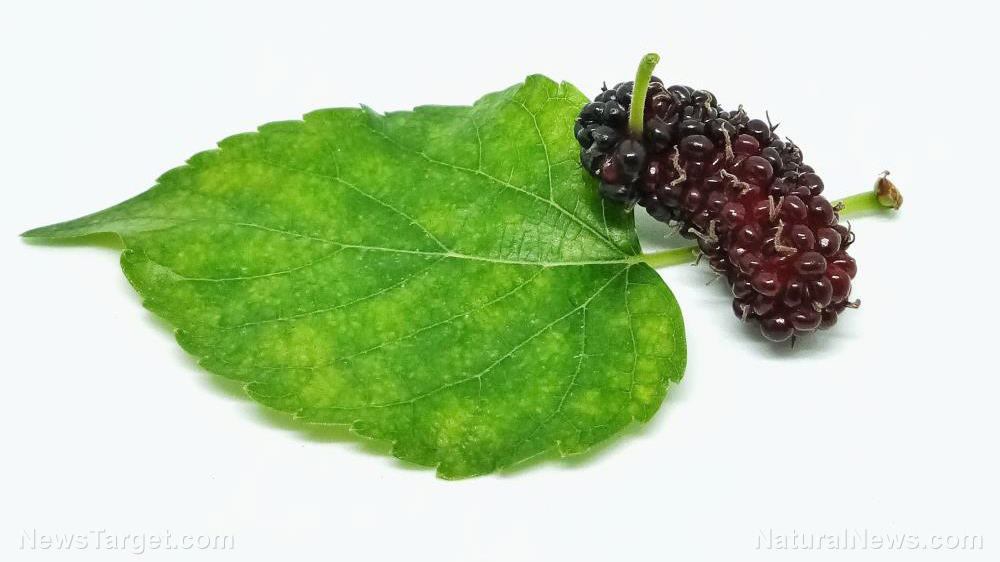Want a bigger, healthier brain? Eat more fruits, nuts, fish, and vegetables
12/18/2018 / By Michelle Simmons

It is not news that eating healthily is good for your health. But did you know that healthy eating can also make your brain larger? A study published in the journal Neurology found that people who follow a diet abundant in fruits, vegetables, nuts, and fish may have bigger brains.
For the study, the researchers at the Erasmus University Medical Center in Rotterdam, the Netherlands recruited 4,213 people in the Netherlands with an average age of 66 who did not have dementia. The participants answered a survey on how much they ate over the previous month.
The researchers then assessed their diet quality based on the Dutch guidelines by evaluating intake of foods in the following groups: fruits, vegetables, whole grain products, legumes, nuts, dairy, fish, tea, sugary beverages, alcohol, salt, unsaturated fats and oils of total fats, and red and processed meat. They also ranked the quality of diet for every person with a score of zero to 14, with the best diet consisting of fruits, vegetables, dairy, fish, nuts, and whole grains, but a small intake of sugary drinks. The average score of the participants was seven.
In addition, the participants had their brains scanned with magnetic resonance imaging (MRI) to measure their brain volume, the number of brain white matter lesions and small brain bleeds. The average total brain volume of the participants was 932 milliliters (ml). The researchers also gathered information on other factors that could affect brain volumes, such as high blood pressure, smoking, and physical activity. They also considered the age, sex, and education of the participants.
Results showed that people who followed a healthier diet had bigger brains than those who did not. Their average total brain volume was two ml larger than those who followed a less healthy diet. For comparison, a brain volume that is 3.6 ml smaller is equivalent to one year of aging. Diet was not associated with brain white matter lesions or small brain bleeds.
The researchers also examined how much brain volume was affected by an adherence to the Mediterranean diet, which is composed of plenty of vegetables, fish, and nuts. They found that brain volume results were similar to those who adhered to a diet based on the Dutch dietary guidelines.
They also found that better overall diet quality and larger total brain volume were driven by several food groups. This means that people who consumed a combination of healthier foods were more likely to have bigger brains.
According to study author Meike Vernooij, MD, Ph.D., of the Erasmus University Medical Center, previous studies have shown that people with bigger brains have better cognitive function, so initiatives that help improve diet quality may be a good way to preserve thinking skills in older adults.
Other ways to increase brain size
In addition to following a healthy diet, exercise and meditation can increase brain size, leading to better brain function. A study published in the journal NeuroImage found that aerobic exercises increased the size of the right hippocampus, resulting in better memory function. The hippocampus is the brain area responsible for learning and memory, such as the creation of long-term memory from short-term memory. Although the brain shrinks with age, exercise can slow this down and preserve the brain.
On the other hand, a study published in Psychiatry Research: Neuroimaging revealed that meditation positively affects the brain within eight weeks. The study researchers found that after eight weeks of meditation, the participants experienced increases in grey-matter density in the hippocampus and other brain areas associated with self-awareness, compassion, and introspection. Meditation also caused a reduction in the size of the amygdala, which is the brain region regulating anxiety and stress.
Read more news stories and studies on keeping the brain healthy by going to Brain.news.
Sources include:
Tagged Under: Brain, brain function, brain health, brain size, fish, fruits, healthy diet, Mediterranean diet, nuts, vegetables


